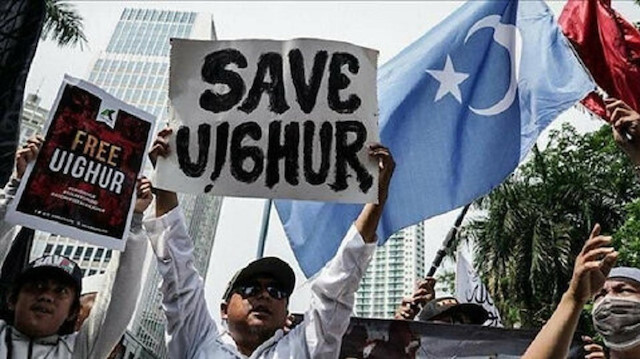
Tashpolat Tiyip’s whereabouts have been unknown since he was detained in 2017
Human rights experts from United Nations called on Chinese authorities Thursday to reveal the location of Tashpolat Tiyip, a Chinese academic of Uighur origin, who is in detention at an unknown location in China.
Tiyip’s whereabouts have been unknown since the former president of Xinjiang University was detained in 2017 while traveling to a conference in Germany, said the experts who raised alarm at his situation due to reports that he had been sentenced to death.
In their statement, the experts urged that his current place of detention should be made public and his family should be allowed to visit him.
The statement said he had been reported to have been sentenced to death, with a two-year reprieve, after being convicted on charges of separatism.
“The Chinese authorities have indicated to us that Mr. Tiyip is being tried on corruption charges, that a lawyer has been hired by his relatives, and that he has not been sentenced to death,” said the experts.
“Information that Mr. Tiyip is not sentenced to death, if it is confirmed, is welcome news.”
“The uncertainty regarding the charges against Mr. Tiyip, the conditions of his trial, and his sentencing are matters of particular concern, especially if the information that he was sentenced to death is correct.”
They said that any death sentence imposed under conditions that do not meet the most stringent guarantees of a fair trial would violate international human rights law and be arbitrary, said the experts.
China’s western Xinjiang region is home to around 10 million Uighurs. The Turkic Muslim group, which makes up around 45% of Xinjiang’s population, has long accused China’s authorities of cultural, religious and economic discrimination.
China is accused of carrying out repressive policies against the Uighurs and restraining their religious, commercial and cultural rights.
Up to 1 million people, or about 7% of the Muslim population in Xinjiang, have been incarcerated in an expanding network of “political re-education” camps, according to U.S. officials and UN experts.


